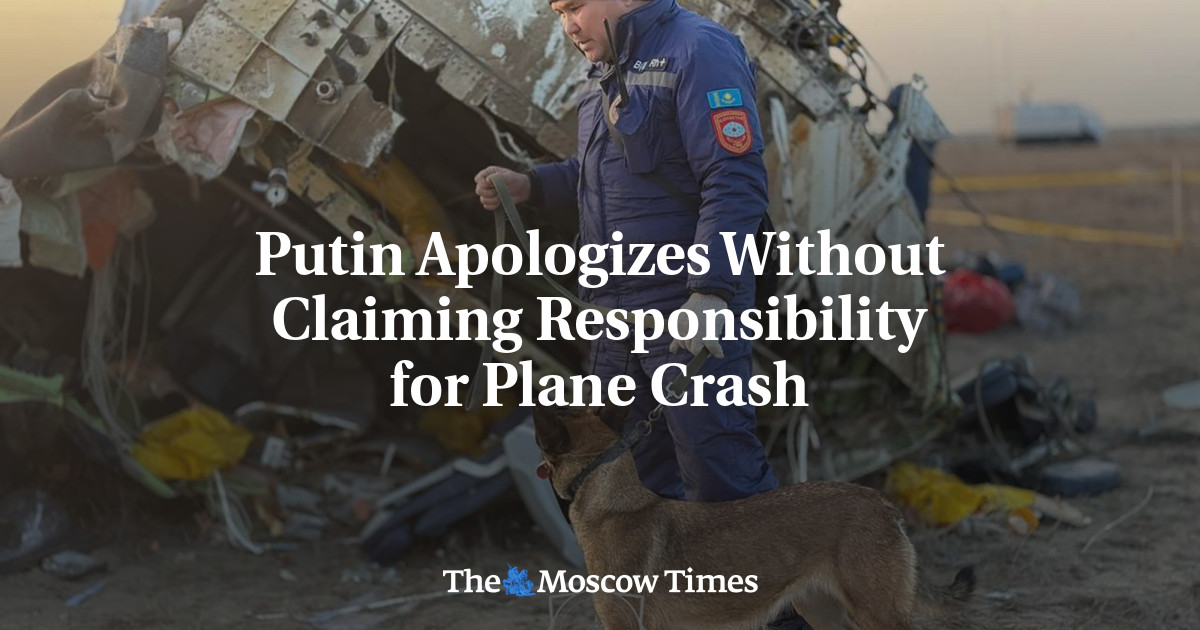An updated version of Russia’s climate doctrine signed by President Vladimir Putin on Thursday has dropped language that directly links the burning of fossil fuels to greenhouse gas emissions.
Russia’s climate doctrine, first introduced in 2009, outlines the government’s policy on climate change mitigation and adaptation.
Thursday’s updated doctrine notes the “unprecedentedly high” rate of global warming in recent decades and its “significant, predominantly adverse” effects on Russia, which include heatwaves, droughts, permafrost melting, and the increased spread of infectious diseases.
But it also mentions the positive effects of human-induced climate change, such as the lower cost of heating buildings and easier access to the Arctic for commercial exploration due to melting polar ice.
At the same time, Russia’s climate doctrine maintains the government’s previously stated goals to reach climate neutrality by 2060 and to reduce emissions of planet-warming gases by 30% from 1990 levels by 2030 — the latter aim Moscow claims to have already achieved by cutting emissions by over 50% in 2020.
While the updated doctrine still acknowledges humans' impact on the climate in the form of greenhouse gas emissions, it drops wording that says such influence is “primarily associated” with emissions “from the combustion of fossil fuels,” which was present in the original version of the document.
Similarly, the document now mentions so-called “technological neutrality,” a principle Russia promotes at international summits and conferences to promote nuclear energy, arguing that it should be recognized as a key source of renewable energy for tackling the global climate crisis.
Russia, one of the world's top emitters of greenhouse gases and a major exporter of hydrocarbons, is already feeling the impacts of climate change.
But compared to Western countries, where concerns about the climate crisis are widespread, this topic is nearly invisible in Russian media, politics, and education.
 (1).png)
 1 year ago
16
1 year ago
16













